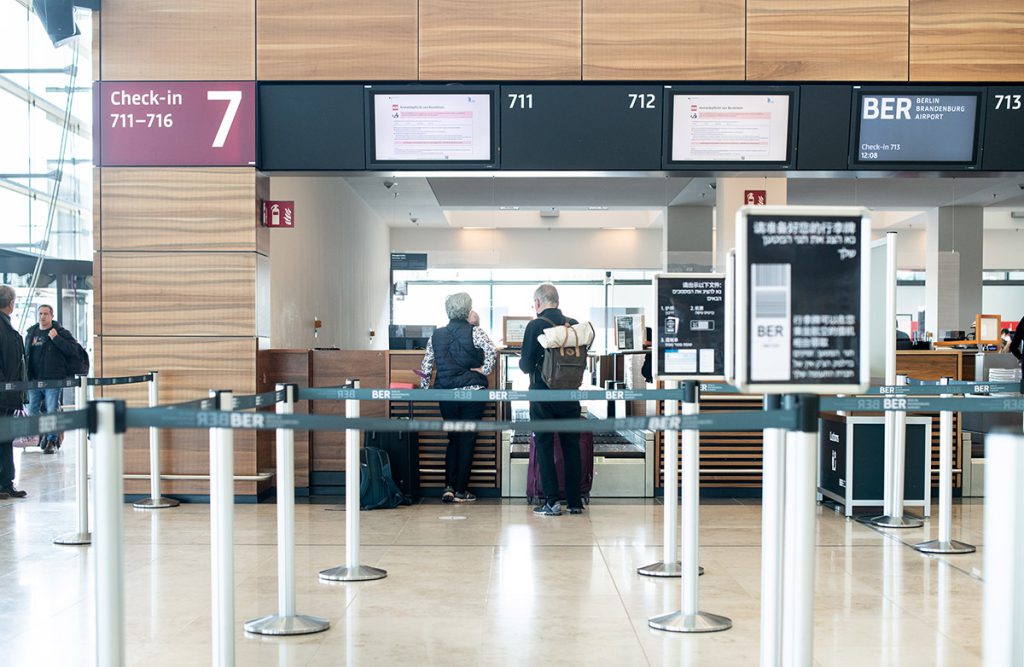Airline Emergency Response Planning: Why It’s Critical for Safety and Continuity

Emergency Response Planning for Airline In the fast-paced and highly regulated world of aviation, safety isn’t just a priority—it’s a foundation. Among the most vital components of aviation safety is a well-structured Emergency Response Plan (ERP). For airlines, being prepared for the unexpected isn’t optional—it’s a strategic necessity. 🔍 What is an Emergency Response Plan (ERP)? An Emergency Response Plan is a documented, systematic approach designed to guide airline staff in responding effectively to unexpected situations—such as aircraft accidents, system failures, medical emergencies, hijackings, or even natural disasters that impact flight operations. The goal? Preserve life, protect assets, support continuity, and maintain public trust during and after any incident. 📌 Key Elements of an Effective Airline ERP ⚠️ Common Emergencies Airlines Prepare For: 🧠 Why ERP Isn’t Just for Large Airlines Whether you’re a flag carrier, regional operator, or startup airline, having a robust ERP is essential. Regulators like ICAO, IATA, and local civil aviation authorities require formal emergency planning, and failure to comply can lead to serious consequences. Beyond compliance, a good ERP builds trust with passengers and investors—showing that your airline is not only efficient, but also deeply committed to safety and resilience. 🛠️ How Digital Systems Enhance Emergency Response Modern aviation software solutions—like those provided by EJMIRAL—integrate ERP protocols directly into the airline’s operational environment. This allows for: ✈️ Final Thoughts In aviation, it’s not a question of if an emergency will happen—it’s a question of when. Proactive planning, regular training, and the right digital tools are the pillars of a response strategy that saves lives and preserves airline integrity. Is your airline ready?
Navigating Turbulence: Why Small Low-Cost Airlines Abruptly Cease Operations

The airline industry is a complex ecosystem where technology plays a pivotal role in ensuring smooth operations, passenger satisfaction, and safety. Airline IT and technical consultancy have become invaluable for carriers looking to optimize their systems and stay competitive in the evolving aviation landscape. In this article, we explore the best practices for delivering effective IT and technical consultancy services to airlines.
Streamlining Departures: The Role of Local Departure Control Systems in Air Travel

Discover the crucial role of Local Departure Control Systems (LDCS) in ensuring efficient and seamless departures at airports. From check-in processes to gate management, explore how LDCS enhances the passenger experience and contributes to on-time flights.
